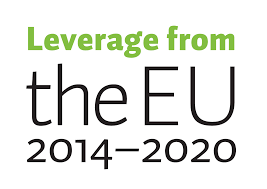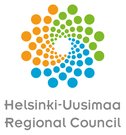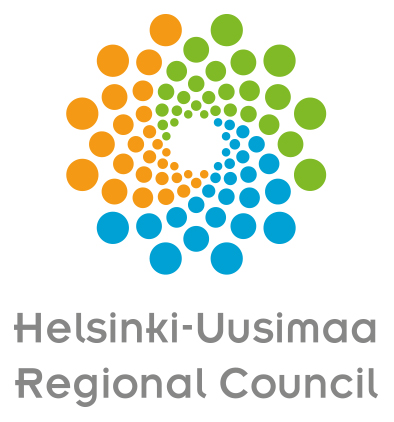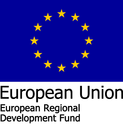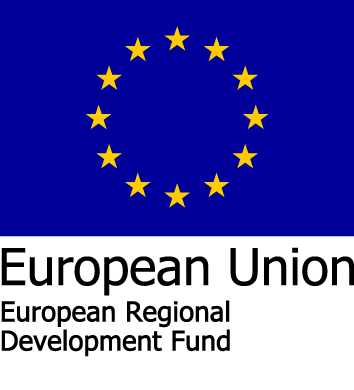6Aika: CircVol – Utilization of Side Streams and Masses of Soil in Cities
The purpose of the project is to build an ecosystem of operators and develop operational models in order to offer solutions to the 6Aika cities for the utilization of high-volume industrial side streams and earth masses generated by infrastructure construction. In cities, efficient recycling and reuse of earth masses can generate significant financial savings and, on the other hand, reduce CO2 emissions.
The CircVol project promotes sustainable reuse of high-volume streams and the sustainably built living environment that future generations can also enjoy. The project aims to motivate the participants to reuse and to save the valuable and depleting natural resources by using recycled materials in earth construction and urban construction.
Cities are supported in the saving of energy and virgin earth masses, achieving carbon neutrality objectives and moving towards sustainable development. Three main outcomes will be achieved during the project: 1) a national ecosystem of operators, 2) operational models and business concepts to support the growth of Finnish cleantech business and industrial renewal as well as exports, and 3) increased recycling of earth masses in cities and use of products made from industrial side streams in cities.
The main objective of the project is to build an ecosystem of operators and develop new operational models in order to offer solutions to the 6Aika cities for the utilization of high-volume industrial side streams and earth masses generated by infrastructure construction. The project develops new value creation models and digital solutions while promoting the building of urban development platforms through state-of-the-art technology and operational models. The objective of the project is to support the generation of practical trials and pilots.
The project measures will be implemented in four entities. The measures included in the entities are interrelated and cooperation between the entities is coordinated and active.
The entities are:
1) From operator networks towards business ecosystems
2) Strengthening the competence of the operators
3) Using high-volume masses more efficiently
4) Digital solutions.
In entity 1, a national ecosystem of operators is assembled which will highlight the tangible development needs addressed in entity 2 “Strengthening the competence of the operators” to generate new information in a company and city-specific manner. Entity 3 develops practical measures for the use of high-volume masses, and entity 4 concentrates on developing digital solutions that support the measures.
All of the four entities jointly support the generation of tangible pilots and trials in the 6Aika cities.
The CircVol projects includes eight tangible pilots/trials in the 6Aika cities:
1) Lauttaranta, Turku (August 2018, August 2019), outcome: a written report
2) Utilizing clay soil, Turku (September 2018, February 2020), outcome: a written report
3) Zero fibre challenge, Tampere
4) Using an industrial side stream as part of water conservation, Oulu
5) Nonfood cultivation experiments in the Välimaa region, Oulu
6) Hyperspectral imaging, Oulu
7) Digital solutions
8) Using methane as transport fuel, Turku and Oulu (March 2019, March 2020), outcome: a written reports and a manual
Turku University of Applied Sciences (TUAS) participates in entity 2) Strengthening the competence of the operators. The purpose of the entity is to offer the competence of higher education institutions and research institutions to companies in order to support the development of business operations in line with bioeconomy and circular economy. Higher education institutions and research institutions support the implementation of pilots and trials of the project in the cities. The CircVol project collects existing data and conducts laboratory-scale
trials and field experiments on the development projects and pilots in the cities. The objective is also to apply good practices, learn from the other project partners and to share information.
Turku University of Applied Sciences participates in the following pilots:
PILOT 1. Lauttaranta
PILOT 2. Utilizing clay soil
PILOT 8. Using biomethane as transport fuel

